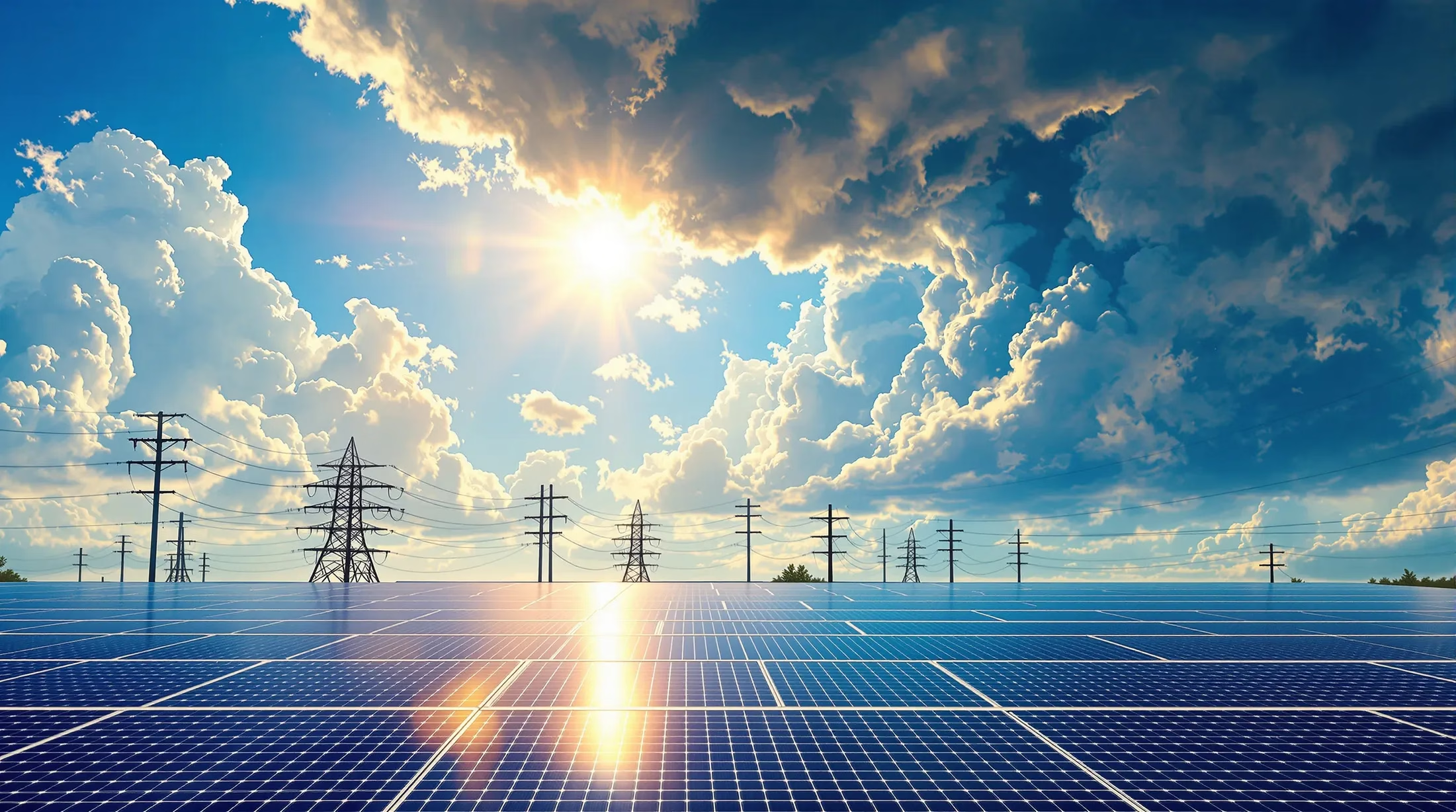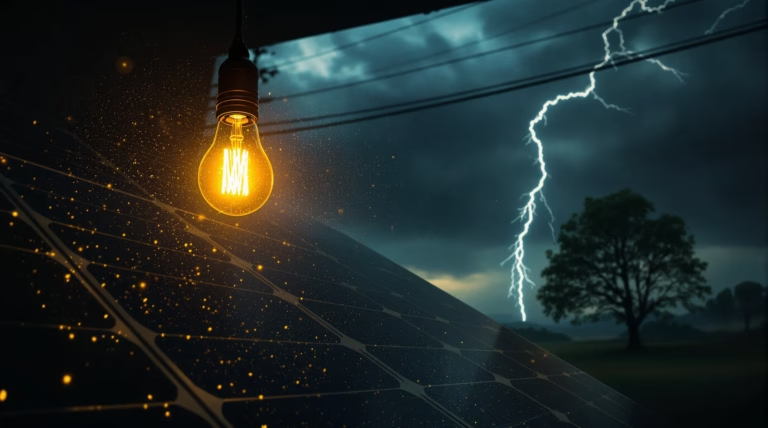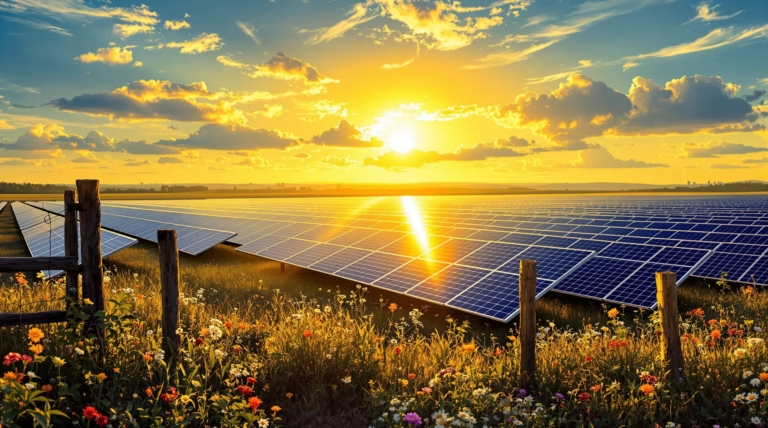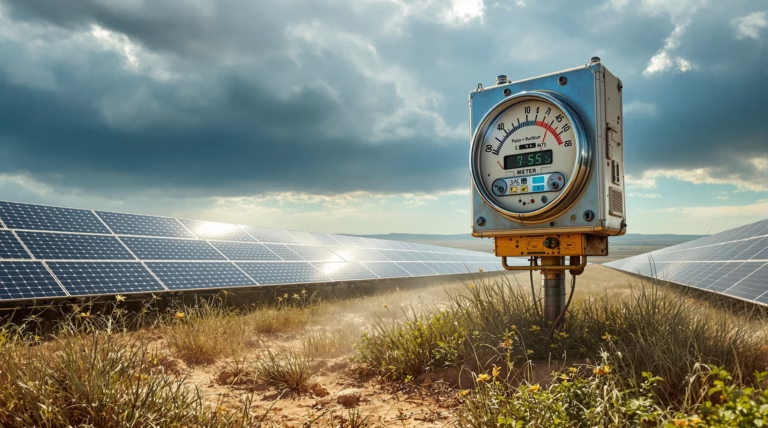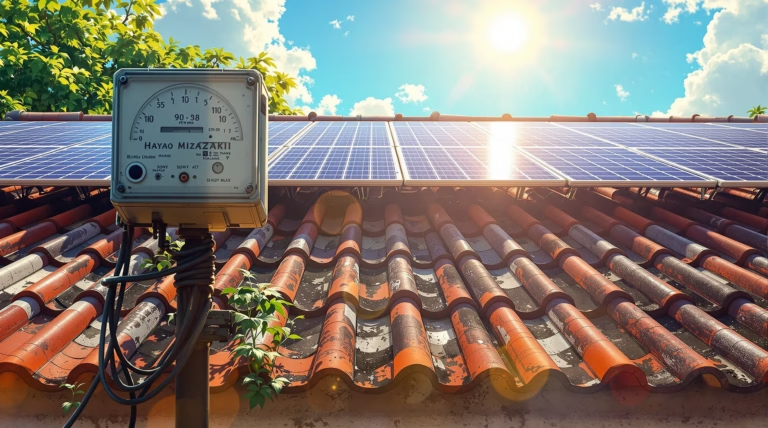Solar Panels Not Reducing Bill: Common Reasons and Solutions
Investing in solar panels represents a significant step towards sustainable energy, but many homeowners find themselves puzzled when their electricity bills don’t drop as expected. Let’s explore why this happens and what you can do to maximize your solar investment’s potential.
Understanding Why Solar Panels May Not Reduce Your Bill
The relationship between solar panels and electricity costs is more complex than many realize. While panels generate electricity for your home and potentially feed excess back to the grid, several factors influence actual cost savings. The Rebound Effect often plays a significant role – homeowners may unconsciously increase their energy consumption after installation, believing they now have ‘free’ electricity.
- Leaving lights on for extended periods
- Adjusting thermostats more liberally
- Adding new electrical appliances
- Running air conditioning more frequently
- Reduced attention to energy-saving habits
Common Misconceptions About Solar Energy Savings
The expectation of completely eliminated electricity bills is perhaps the most widespread misconception in solar energy adoption. In reality, most homeowners continue receiving monthly bills, albeit at reduced amounts. Solar systems offset a portion of electricity usage rather than eliminating grid dependency entirely.
| Expectation | Reality |
|---|---|
| Zero electricity bills | Reduced but ongoing bills |
| Immediate profit from excess energy | Credits offsetting future consumption |
| Constant energy production | Variable production based on conditions |
Factors Influencing Solar Panel Efficiency
Geographic location significantly impacts solar panel performance, with varying results across different regions. A 5kW system in Arizona will generate substantially more electricity than an identical setup in Seattle due to sunshine exposure differences.
- Roof orientation and angle
- Seasonal variations in daylight hours
- Local weather patterns and cloud cover
- Shade from nearby structures or vegetation
- Panel quality and technology type
- Temperature extremes affecting efficiency
Common Reasons for High Electric Bills Despite Solar Panels
The disconnect between expected and actual savings often stems from multiple factors working in combination. Understanding these elements is crucial for optimizing your solar investment and achieving desired cost reductions.
Insufficient Solar Production and System Size Issues
System sizing plays a critical role in achieving meaningful bill reduction. An undersized system may only offset a small percentage of energy consumption, leading to continued reliance on grid power. Performance issues can further compromise efficiency, with factors like partial shading affecting entire array output due to panel interconnection.
- Undersized systems covering only 50-70% of usage
- Accumulation of dust and debris
- Technical malfunctions in panels or inverters
- Wiring issues affecting energy delivery
- Reduced efficiency from environmental factors
Impact of Net Metering Changes on Solar Savings
Net metering policies are crucial for residential solar installations’ financial viability, allowing homeowners to receive credits for excess electricity sent to the grid. However, recent utility modifications have significantly altered these programs, often reducing compensation rates for exported solar energy. Traditional 1:1 net metering arrangements are being replaced with reduced export rates or time-of-use structures that diminish solar electricity value compared to grid power.
| Time Period | Solar Production | Energy Usage |
|---|---|---|
| Midday | Maximum | Low (homeowners away) |
| Evening | Minimal/None | Peak consumption |
This timing mismatch between production and consumption creates a significant financial challenge. For instance, if you receive $0.04 per kWh for daytime exports but pay $0.20 per kWh for evening usage, you’ll need to export five times more electricity to achieve cost neutrality.
Increased Energy Consumption and Its Effects
The Rebound Effect significantly impacts post-solar electricity bills, as homeowners often unconsciously modify their energy usage habits after installation. Research indicates households may increase electricity consumption by 10-30% after solar panel installation, substantially reducing potential savings.
- More liberal thermostat settings
- Extended lighting usage periods
- Addition of new energy-consuming devices
- Installation of home offices
- Integration of electric vehicles
- Addition of pool pumps or air conditioning systems
Solutions to Maximize Solar Panel Benefits
While solar installation challenges exist, implementing effective strategies can help maximize your investment’s financial benefits. Success requires ongoing attention to maintenance, usage patterns, and potential system upgrades. A proactive approach to system optimization can transform underperforming installations into genuine money-saving investments.
Regular Maintenance and Cleaning of Solar Panels
Though solar panels require minimal maintenance, regular care significantly impacts their efficiency. Dirty panels can experience up to 40% power loss, directly affecting your energy production and electricity bills. A bi-annual cleaning routine can restore optimal performance and maximize solar generation.
- Regular professional inspections for loose connections
- Monitoring inverter performance
- Checking for physical damage
- Maintaining warranty compliance
- Establishing consistent maintenance schedules
Utilizing Battery Storage to Enhance Solar Savings
Battery storage integration can revolutionize your solar system’s economics by addressing the production-consumption mismatch. This solution enables storage of excess daytime energy for evening use or cloudy periods, reducing grid dependency when solar production is low.
| Battery System Benefits | Considerations |
|---|---|
| Power outage protection | Initial investment cost |
| Increased self-consumption | System capacity requirements |
| Time-of-use optimization | Maintenance needs |
| Enhanced energy independence | Temperature management |
Consulting with Solar Contractors for Optimal Performance
Professional consultation with an experienced solar contractor can reveal hidden issues affecting your system’s performance when solar panels aren’t delivering expected electricity bill reductions. These specialists conduct thorough system assessments to identify various efficiency losses that might go unnoticed, including:
- Shading problems affecting panel exposure
- Equipment malfunctions and degradation
- Suboptimal panel angles and positioning
- Consumption pattern misalignment
- System sizing inadequacies
| Contractor Service | Benefit |
|---|---|
| System Assessment | Identification of performance bottlenecks |
| Technical Analysis | Solutions beyond basic maintenance |
| Performance Monitoring | Early detection of efficiency drops |
| Annual Check-ups | Sustained optimal performance |
Solar contractors maintain current knowledge of evolving technologies and incentives, providing valuable insights for system optimization. Many homeowners are unaware that their original installers offer performance guarantees or monitoring services that can track production levels. Establishing regular check-ups with a qualified contractor ensures optimal system performance throughout its lifespan, maximizing investment returns and preventing unexpected high utility bills.

